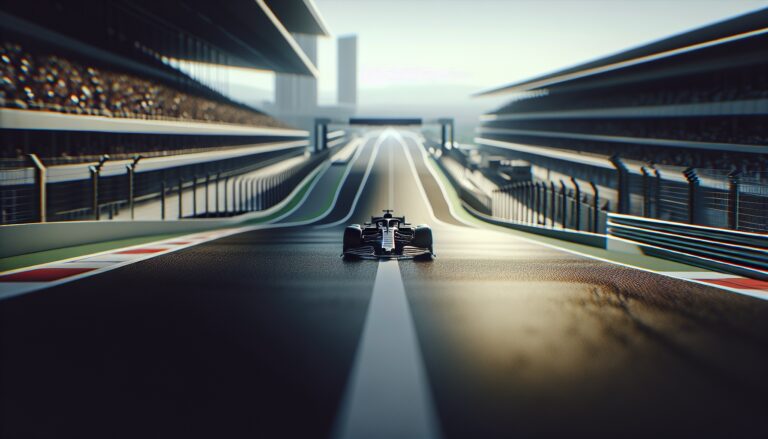Argomenti trattati
In a bold move towards sustainability and performance, Formula 1 has reaffirmed its dedication to the current power unit regulations, steering clear of a return to V10 engines or any naturally aspirated powertrains. This decision, confirmed by the F1 Commission, highlights the sport’s commitment to innovation and environmental responsibility as it prepares for the upcoming season.
Understanding the new regulations
The new regulations, which were discussed and approved by the FIA in 2022, have been in the works for several years. Engine manufacturers have been tirelessly developing their technologies to comply with these standards. However, the FIA has allowed for “minor refinements” to address concerns regarding battery deployment during races. This adjustment aims to enhance the driving experience and ensure that cars do not run out of battery power before the end of long straights, a situation that has raised eyebrows among drivers, teams, and fans alike.
Introducing the turn down ramp rate system
One of the most significant changes is the introduction of a ‘turn down ramp rate’ system. This innovative approach will prevent cars from utilizing their full electric power immediately after exiting corners, promoting a more gradual consumption of energy. By implementing a progressive speed increase along straights, drivers will be encouraged to manage their energy more strategically, ensuring that they do not deplete their resources too early in the race.
The balance of power: Electric energy in F1
Electric energy is projected to constitute 50% of a car’s total power output, equating to 350kW. However, discussions are underway to potentially reduce this to 200kW, allowing for a more consistent electric output throughout the lap. This change could be particularly beneficial on power-sensitive tracks like Jeddah, Monza, Baku, and Las Vegas, where energy management is crucial for success.
As the F1 Commission prepares for a meeting to discuss these proposals, opinions among engine manufacturers vary. Some express skepticism about the implications of reducing electric power during races, questioning whether such a change can truly be classified as a minor refinement. Notably, Red Bull’s team principal, Christian Horner, has voiced support for the proposal, emphasizing the importance of prioritizing the sport’s integrity. In contrast, Mercedes’ Toto Wolff has dismissed the idea as “a joke,” highlighting the ongoing debate within the industry.
Mixed reactions from teams
While Audi and Honda appear resistant to any changes, Ferrari’s stance is more nuanced. Team principal Frederic Vasseur has acknowledged that certain aspects of the new regulations may have been underestimated, urging team leaders to embrace change rather than cling to competitive advantages. This sentiment reflects a broader understanding within the sport that adaptability is key to thriving in an ever-evolving landscape.
As Formula 1 continues to navigate the complexities of modern racing, the commitment to electric energy and innovative power unit regulations signals a promising future. The sport is not just about speed; it’s about sustainability, strategy, and the thrill of competition. With each season, F1 proves that it is ready to embrace the challenges of tomorrow while keeping the spirit of racing alive.

